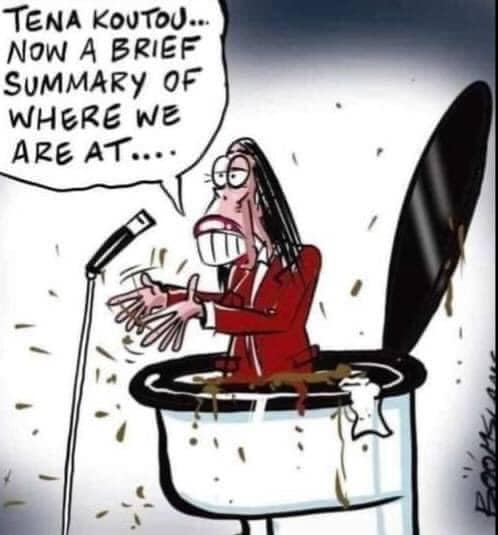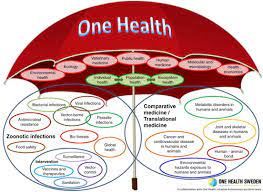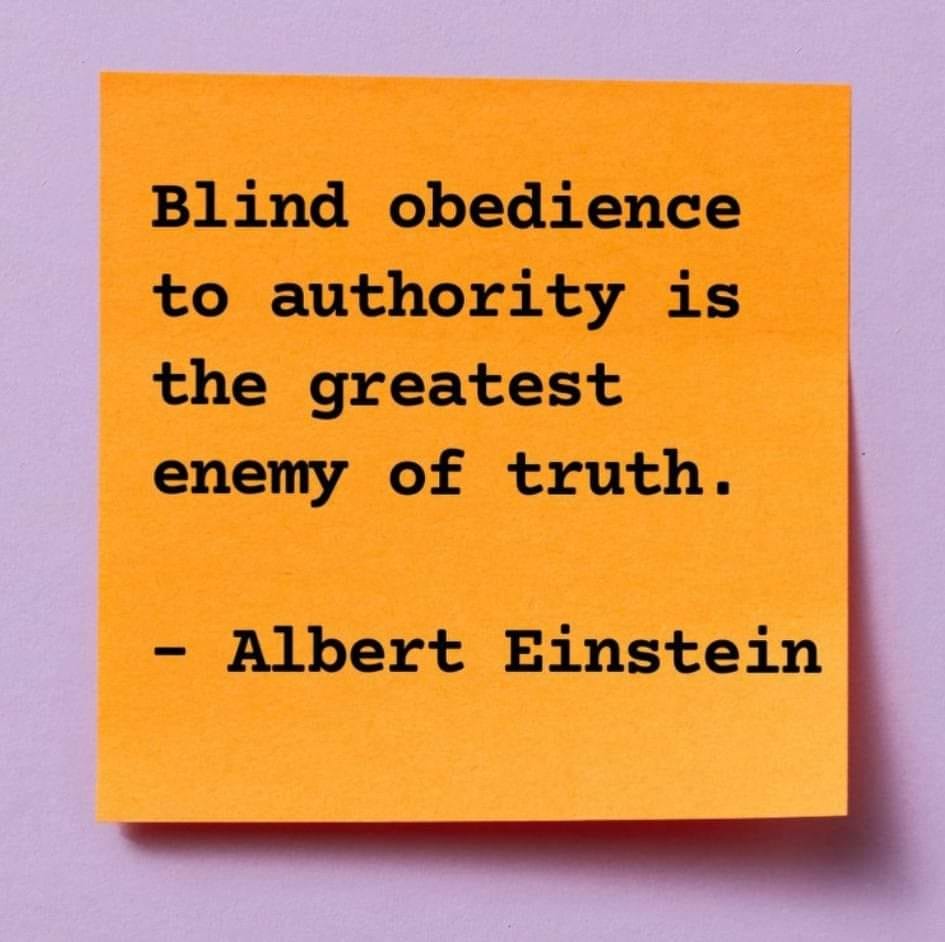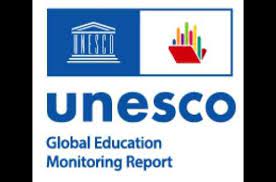UN CYBERCRIME TREATY has been highly criticized it is widely reported to overlook, violate Human Rights. Expands global evidence collection, encompasses a long list of non-cybercrimes, has huge over-reaching powers beyond those even detailed in the Un Treaty. The UN Treaty draft was prompted by the UN General Assembly vote in December 2019, the negotiating a cybersecurity accord after Russia took issue with the previous ‘UN Budapest Convention. Russia demanded that the issue they had needs to be addressed. The first draft of the UN Cybercrime Treaty caused some great concerns but now the second draft published on 28th November is being called a tool of repression. The original purpose of the UN Treaty was combatting cybercrime, but this has now morphed into an globally expansive treaty with far reaching over-reach in both National and International investigations.
It empowers States to cast a wider net of having the ability to access data , thus violating a Nation States privacy laws. The Treaty falls short of reining in intrusive surveillance powers this endangers human rights undermining the original cybercrime fighting intent
Human Rights Watch acting associate director Deborah Brown said the latest draft is “primed to facilitate abuses on a global scale” because it gives governments expansive cross-border powers to investigate “virtually any imaginable crime – like peaceful dissent or expression of sexual orientation – while undermining the treaty’s purpose of addressing genuine cybercrime.” She said that “Govts should not rush in to conclude this Treaty without ensuring that it elevates, rather than sacrifices our fundamental rights. UN Member State Government have had negotiation sessions over the past few days 19-20th December in Vienna before the draft is considered in the Headquarters of the UN Assembly at the end of January where yet another session will take place.
The UN Cybercrime Treaty is to be finalized between 29th January to February 9th 2024 at the New York Headquarters of the UN Assembly.. The Cybersecurity Tech Accord has been participating in the cybercrime treaty negotiating process since it began in 2021. It has been widely reported that the adoption of the UN Treaty by Nation States in the Treaty’s present form will erode private data, weaken cybercrime, undermine online rights and freedoms across the world. The Cybersecurity Tech Accord has been participating in the cybercrime treaty negotiating process since it began in 2021.The new provision extend to extra-territorial surveillance without safeguards
Some of the concerns are:- Removal of sections of the original draft limit the Treaty’s powers to narrowly define cybercrime. Nation State surveillance across borders without safeguards and expansion of online fraud. The Treaty as it is now presented allows every government in the world to transfer the personal information of citizens between themselves in secret in perpetuity, and to force the service providers who are responsible for that data to hand it over without any ability to object or refuse on any grounds. There is little UN Nation State objects to the UN Cybercrime Treaty, there is very limited or zilch response to robust human rights safeguards.
NZ Government website (DPMC) reported that NZ is currently engaging in the UN International Cybercrime Treaty (29/4/2022). The Government once again states it promotes a International Rules Based Order, that its important that NZ is in the conversation that shaped this new instrument of international cooperation. The Govt website reports that there were consultations in October 2021 and feedback was sought on NZ’s written submissions as to Treaty negotiations, general provisions, procedural measures and law enforcement referring to the UN Cybercrime Treaty. NZ Government is committed to constructively promoting the Internal Rules based Order.
65 Countries ratified the UN Budapest Convention on Cybercrime. The Budapest Treaty was developed by the Council of Europe in 2001, entered into force in 2004. 18th February 2021 speeches in the Beehive by David Clark and Kris Faafoi was the announcing of joining the Council Of Europe Convention on Cybercrime, referencing the decisions process was due to the recommendation by the Royal Commission of the Inquiry into the Christchurch Terror Attack (15/3/2019)’ With Kriis Faafoi saying “The government needs to ensure that NZ is confident, secure in the digital world, so we can tackle threats to online wellbeing”
Kris Faafoi said “the government made a number of changes to its policy proposals, looking at ways that Māori have an ongoing oversight role in the implementation and participation to the UN Convention”/ Thus the Convention was submitted to the House Of Representatives for Parliamentary Treaty examination. It was announced by Faafoi that the Convention addresses cross-border cybercrime by aligning the Nations laws with this, facilitating information sharing on current threats and best practice (best practice for the govt and UN Nation States), increases and fosters International dialogue
Parliaments role in International Treaties was published 17th April 2019 by NZ Parliament. Documents What is a Treaty:- An agreement between 2 countries or with an international entity like the UN or WTO, that binding under International Law. Often known as International Agreements.
Parliaments role in International Treaties. In practice the Prime Minister and the PM’s Cabinet with help from their officials negotiates, decides on whether NZ will join or withdraw from a Treaty. The governments decision is effective whether or not Parliament endorses the Treaty or not. Since 1998 it’s been an constitutional convention that the govt will not (except in an emergency) bind NZ to a Treaty until Parliament has been allowed a minimum period to scrutinize it (This is set out in the Cabinet Manuel). All Treaties in the House are referred to the Foreign Affairs, Defence and Trade Committee, they refer to the Treaty itself, or refers to a more relevant subject matter in the Treaty to a Select Committee to consider.
Although an International Treaty is binding at an International level, it cannot change NZ Domestic Law, only Parliament can do that. Non-binding International Treaties (UN) sit in a place call ‘Soft Law’ where this is easily accessible, can be adopted quickly and non transparently into Domestic Policy making it binding- legally by parliamentary legislation. Binding Internal Laws are also entered into Domestic Laws to make these binding. Non-Binding International laws can be referenced to by the judicial in certain cases as they arise. A Select committee has 15 sitting days in which to report back to the House on Treaty issues, objections etc.,
There were 17 submissions on the consultation as to Cybercrime, this was processed and closed in September 2020. These were received by a range of private companies, organization and individuals. Individual names have been withheld to protect personal information. 13 names of organization however were published. • Te Hunga Rōia Māori o Aotearoa/The Māori Law Society (THRMOA) • Interim Māori Spectrum Commission (IMSC) • Mega Limited (MEGA) • Internet NZ • Telecommunications Forum (TCF) • Spark • Microsoft • PaloAlto Networks • Copyright Licensing Limited • NZ Authors • ANZ Screen Association • WeCreate • Office of the Privacy Commissioner (OPC). There were other formal submissions, engagements undertaken with several Iwi/Māori groups and individuals.
It is reported that the UN Cybercrime Treaty risks being a ‘Global Surveillance Pact’ that will trample data privacy, these are human rights concerns. Will pave the way for regimes such as China, North Korea, Iran for regimes to legalize surveillance across borders, to criminalize online speech with the support of the International Community, giving the green light for governments to persecute protestors, activists, independent journalist and marginalized groups. Any person that draw attention to the authoritarian regime aim to criminalize free speech. “That’s where we’re at,” said Katitza Rodriguez, the Electronic Frontier Foundation’s policy director for global privacy. “The draft treaty provides the legal basis for governments to make highly intrusive surveillance mechanisms like interception of content and real time tracking of metadata, available ‘to the fullest extent possible’ to foreign governments for almost any sort of criminal investigation of a serious crime with minimal safeguards.”
Specifically: the draft would authorize police to help foreign governments investigate activities that may not be a punishable offense in both countries, she explained.
“The dual criminality principle safeguards human rights, but it is treated as optional,” Rodriguez said. “To uphold global human rights, the proposed treaty must mandate dual criminality.” Deborah Brown, senior researcher and advocate on technology and human rights at Human Rights Watch, said the vague wording in the treaty’s Article 17 is especially concerning because it could allow governments to punish certain speech by defining it as a crime because it was posted online. For many governments, this means cracking down on online dissent or expanding digital surveillance.”
The UN Cybercrime Treaty is to be finalized between 29th January to February 9th 2024 at the New York Headquarters of the UN Assembly.. The Cybersecurity Tech Accord has been participating in the cybercrime treaty negotiating process since it began in 2021. It has been widely reported that the adoption of the UN Treaty by Nation States in the Treaty’s present form will erode private data, weaken cybercrime, undermine online rights and freedoms across the world. The Cybersecurity Tech Accord has been participating in the cybercrime treaty negotiating process since it began in 2021.The new provision extend to extra-territorial surveillance without safeguards
Some of the concerns are:- Removal of sections of the original draft limit the Treaty’s powers to narrowly define cybercrime. Nation State surveillance across borders without safeguards and expansion of online fraud. The Treaty as it is now presented allows every government in the world to transfer the personal information of citizens between themselves in secret in perpetuity, and to force the service providers who are responsible for that data to hand it over without any ability to object or refuse on any grounds. There is little UN Nation State objects to the UN Cybercrime Treaty, there is very limited or zilch response to robust human rights safeguards.
NZ Government website (DPMC) reported that NZ is currently engaging in the UN International Cybercrime Treaty (29/4/2022). The Government once again states it promotes a International Rules Based Order, that its important that NZ is in the conversation that shaped this new instrument of international cooperation. The Govt website reports that there were consultations in October 2021 and feedback was sought on NZ’s written submissions as to Treaty negotiations, general provisions, procedural measures and law enforcement referring to the UN Cybercrime Treaty. NZ Government is committed to constructively promoting the Internal Rules based Order.
65 Countries ratified the UN Budapest Convention on Cybercrime. The Budapest Treaty was developed by the Council of Europe in 2001, entered into force in 2004. 18th February 2021 speeches in the Beehive by David Clark and Kris Faafoi was the announcing of joining the Council Of Europe Convention on Cybercrime, referencing the decisions process was due to the recommendation by the Royal Commission of the Inquiry into the Christchurch Terror Attack (15/3/2019)’ With Kriis Faafoi saying “The government needs to ensure that NZ is confident, secure in the digital world, so we can tackle threats to online wellbeing”
Kris Faafoi said “the government made a number of changes to its policy proposals, looking at ways that Māori have an ongoing oversight role in the implementation and participation to the UN Convention”/ Thus the Convention was submitted to the House Of Representatives for Parliamentary Treaty examination. It was announced by Faafoi that the Convention addresses cross-border cybercrime by aligning the Nations laws with this, facilitating information sharing on current threats and best practice (best practice for the govt and UN Nation States), increases and fosters International dialogue
The new New Zealand Coalition, no politician in Parliament have shared this information with the people of New Zealand WHY?
LINKS;
https://www.justice.govt.nz/assets/fhd7EW-Summary-of-Submissions-Budapest-Convention.pdf
15 page Summary of Submission-Budapest Convention NZ on Cybercrime Convention
https://therecord.media/un-cybercrime-treaty-draft-criticized
https://www.dpmc.govt.nz/our-programmes/national-security/cyber-security-strategy/united-nations-cybercrime-treaty
https://www.beehive.govt.nz/release/new-zealand-join-council-europe-convention-cybercrime
https://www.parliament.nz/en/visit-and-learn/how-parliament-works/fact-sheets/parliament-s-role-in-international-treaties/
...






